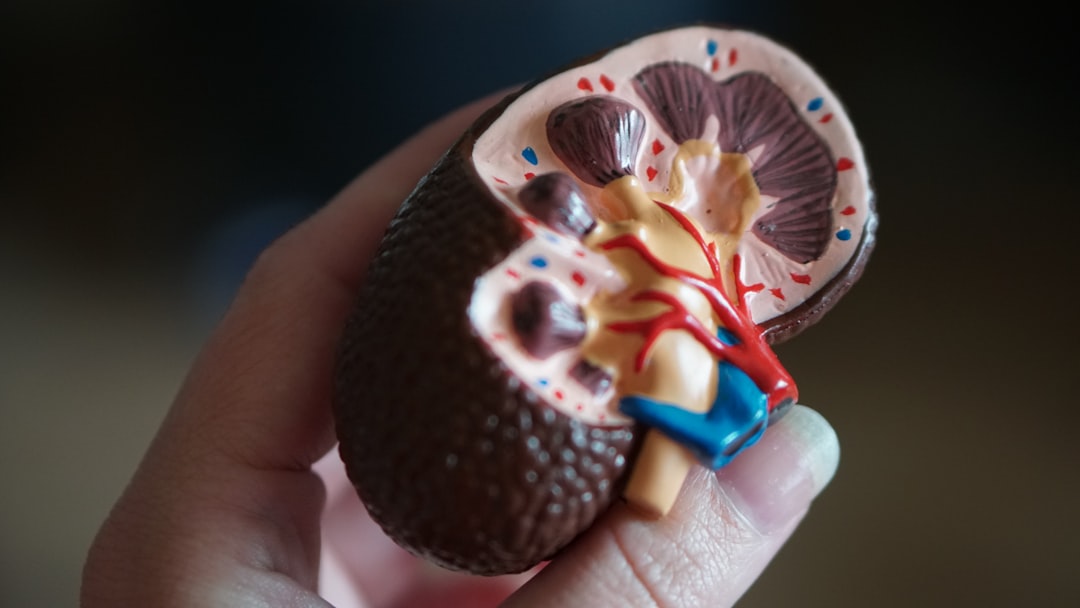What is it about?
Because of the isotretinoïn’s high teratogenic risk, a pregnancy prevention programme (PPP) for women of childbearing age has been developed. One of the recommendations of this PPP is the use of an effective contraception method one month before, during and one month after treatment. Despite the implementation of this programme, exposed pregnancies still occur in Europe and compliance with recommendations to prevent a birth defect risk seems to be limited. This paper evaluates medication adherence and influencing factors for isotretinoin and for contraception using Belgian community pharmacy refill data, and the concomitant use of contraception one month before, during and one month after isotretinoin treatment .
Featured Image
Why is it important?
We found that both medication adherence and the concomitant use of an effective contraception and isotretinoin can be improved. As exposed pregnancies can be due to non-adherence with contraception, medication adherence is essential to ensure treatment effectiveness and should be considered by healthcare professionals. By using pharmacy refill data, community pharmacists can obtain real practice-based information.
Perspectives
Medication adherence and compliance with the PPP are important for treatment effectiveness and patient safety. Health care professionals should pay more attention to women of childbearing age taking a teratogenic medication, particularly 1 month before treatment and at initiation. Interventions should be developed to improve compliance with isotretinoin safety recommendations, particularly 1 month before and at initiation of the isotretinoin treatment, but these recommendations should remain flexible and depend on the woman’s sexual condition. Pharmacy refill data are easily usable for estimating medication use in community pharmacies. Tools integrated into pharmacy software based on these data could be developed and implemented in practice to help pharmacists to detect low-adherent patients, for example using the MPR calculation, and to check the concomitant use of a contraceptive method.
Mélanie Lelubre
Université libre de Bruxelles
Medication adherence, should be considered in prevention programmes like the PPP. New pharmaceutical services should be developed to improve medication adherence. Moreover, the implementation of such a follow up could include the verification of compliance with the PPP recommendations in collaboration with prescribers to ensure the safe use of isotretinoin.
Carine De Vriese
Université libre de Bruxelles
Read the Original
This page is a summary of: Assessment of medication adherence and responsible use of isotretinoin and contraception through Belgian community pharmacies by using pharmacy refill data, Patient Preference and Adherence, January 2018, Dove Medical Press,
DOI: 10.2147/ppa.s149355.
You can read the full text:
Contributors
The following have contributed to this page










